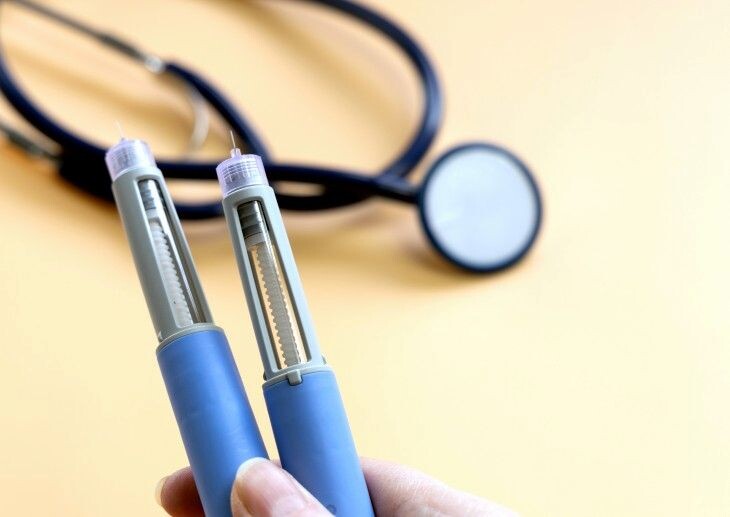New Government regulations are to crack down on ‘cowboy’ cosmetic procedures, with new rules about who will be able to perform ‘high-risk’ procedures such as non-surgical Brazilian Butt Lifts.
Only qualified healthcare professionals will be able to perform the highest-risk procedures and they must be working in providers that are registered with the Care Quality Commission.
The Department of Health and Social Care said clinics administering fillers and Botox will also need to meet strict standards to obtain a licence.
Stricter oversight will be done through local authorities with practitioners required to meet ‘rigorous safety, training, and insurance standards’ before they can legally operate.
It follows a series of incidents where people had dangerous complications, permanent scarring or even died after undergoing high-risk treatments from botched treatments done by individuals with little or no medical training.
Announcing the proposed changes – which will go out for public consultation early next year – the Government said the new rules would protect people from unqualified, rogue operators and reduce the cost to the NHS of fixing botched procedures.
Children will also be protected from dangerous beauty trends on social media through plans for new age restrictions on treatments, it added.
Minister of state for health Karin Smyth said: ’The cosmetics industry has been plagued by a Wild West of dodgy practitioners and procedures.
‘There are countless horror stories of cosmetic cowboys causing serious, catastrophic damage.
‘This isn’t about stopping anyone from getting treatments – it’s about preventing rogue operators from exploiting people at the expense of their safety and keeping people safe.
‘We’re giving them peace of mind and reducing the cost to the NHS of fixing botched procedures.’
Millie Kendall, chief executive officer of the British Beauty Council, said they welcomed the Government’s announcement they were pushing ahead with legislation.
‘Any measures that increase protection for the general public and professionalise the industry will help instil confidence as well as helping to prevent the normalisation of horror stories that have become synonymous with our sector.’
A version of this story was first published on our sister title Pulse.




